By Dawn Yip and Les Tan
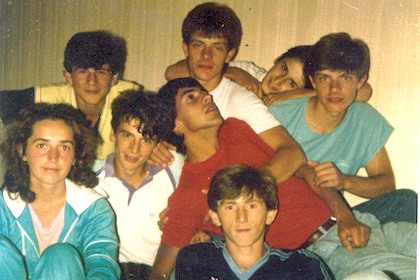
Aleks (in yellow, top left) with his friends. For those of us who snigger about those posed pictures showing Malays, Chinese, Indians and Eurasians, this picture is a stark reminder. Said Aleks: “This is a good photo of mix of nationality, Muslims, Croats, Serbs. None of them live in Bosnia any more (because of the war).” (Picture © Aleksandar Duric)
Aleksandar Duric is a Serbian who became a Singapore citizen in 2007 and within weeks he was wearing the red of Singapore at the National Stadium. Duric got his papers the hard way – he applied like everyone else and was rejected twice before he got approval. He was not on the Football Association of Singapore Foreign Talent Scheme, as most folks would assume. Today, at age 38, he is still a first-choice striker for Singapore, an amazing situation for someone his age. He remains one of the fittest players in the S-League where he plays for the Singapore Armed Forces, a testament to what a professional he is. But there is more to Aleks than just football. In his 38 years, he has experienced poverty, the loss of his mother to war and years of separation from his family because of the Balkans conflict. He sat with us for hours one day to chat. Here is his story.
Part 2 (of 5)
An officer and an athlete
After high school, Aleks went through compulsory military training, and decided to try for a place as an officer. The training was tough, he recalls, with showers just once a week, and daily 5am wake-up calls. "We had 30 seconds to pull on our pants and boots, get down, and sing and run. No matter rain or shine, we ran 5km and were not allowed to wear shirts." Once a week, there would be a 60km walk carrying a 30kg pack and a gun.
When the time came for selection of officers, Aleks recalls being interviewed by three generals, who asked questions like, "Do you like our President? What do you think of the police? What will you do if the Americans attack us?" There was also a physical by doctors, as well as a background check which proved problematic – Aleks' father had served time in jail for three years when Aleks was just 7. "My father was a churchman. He was never a communist. He went to jail for saying something negative about the President." But it was Aleks' sporting achievement that he thinks helped him to secure the place in the army.
The army had a special section for those who excelled in sports, so Aleks had afternoons free to train and played a lot of football. It was during this period that Aleks decided to make soccer his career "because there was more of a future in it." But as an officer, travel would also be restricted because of his duties. And in 1990, the Berlin Wall had already come down, and rumours of war had began to surface.
One Sunday afternoon, Aleks' father said to him, "If anything happens, someone has to carry the family name. You are in sports, so you can get out." And so it was that Aleks packed his bags, said goodbye to his parents, and took a bus across the border to Serbia.
He played for a 2nd Division Serbian team for one season. By then, the newspapers were already talking about imminent ethnic war. As a Yugoslavian officer, Aleks would be obliged to report for duty in the event of a war. His father delivered an ultimatum: "You must go. If your brother is killed, at least I have you."
In 1991, aged 21, Aleks made the wrenching decision to obey his father, crossing the border by bus to the first town in Hungary. Little did he know that he would never see his mother alive again.
"That was the worst part of my life," recalls Aleks. "I was without passport. I lost every contact with everybody and everything I knew. You don't know anybody. You have no money. You don't know where to go and what to do. Your life just crashed."
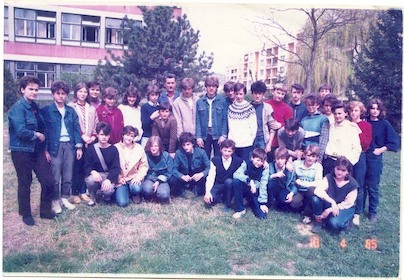
Aleks (in the middle, to the left of the guy in the white sweater) with his classmates in his last year of primary school. (Picture © Aleksandar Duric)
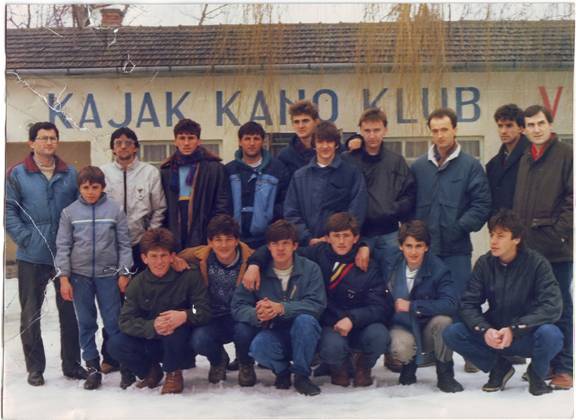
Winter in Doboj with the kayaking team. 15-year-old Aleks is second from left, squatting. (Picture © Aleksandar Duric)
Related stories:
Part 1 – “Sometimes we played with no shoes…”
Part 3 – "Once you step out on the field, no more crying."
Part 4 – “Are you sure they play football in Singapore?”
Part 5 – "No drinking, no alcohol, no smoking, no late nights"

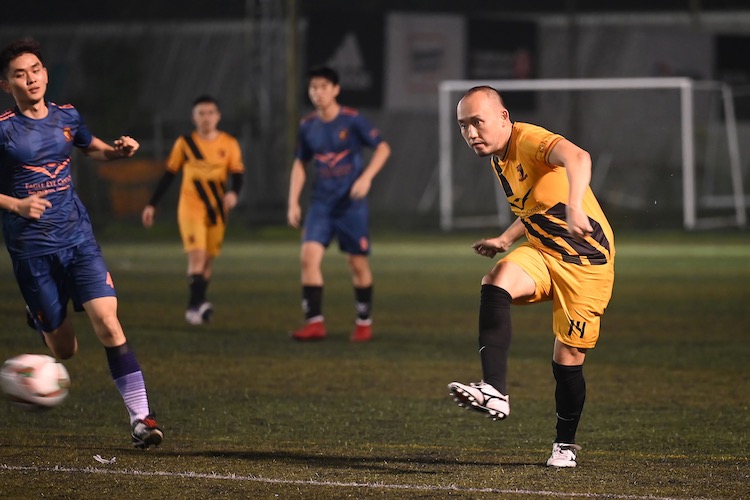
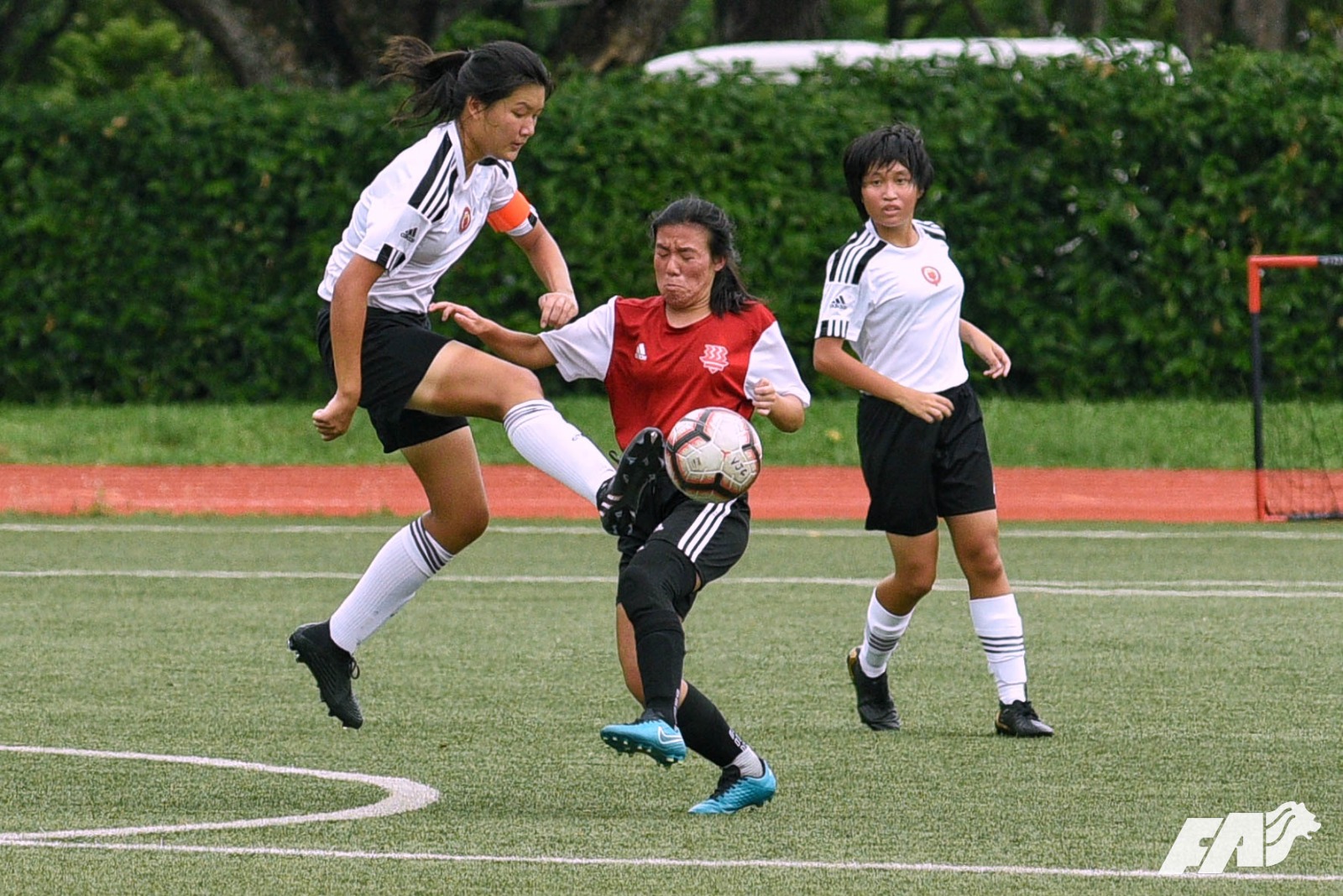
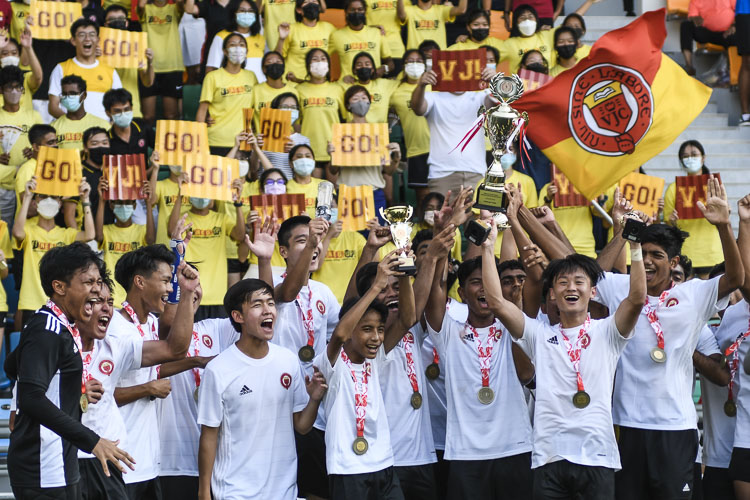
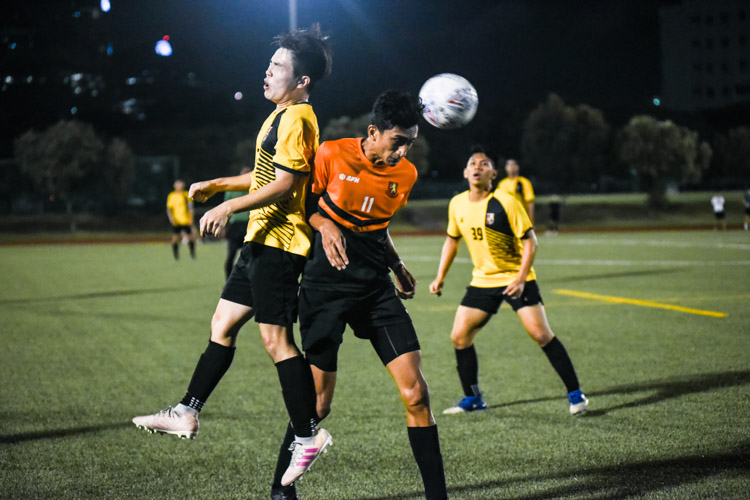
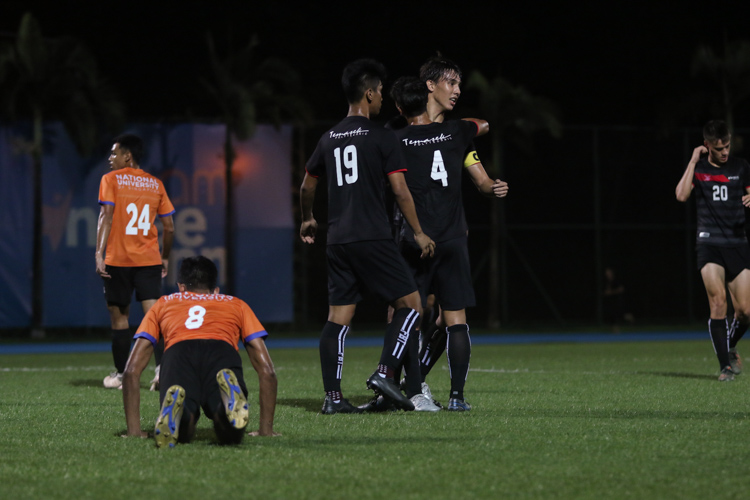
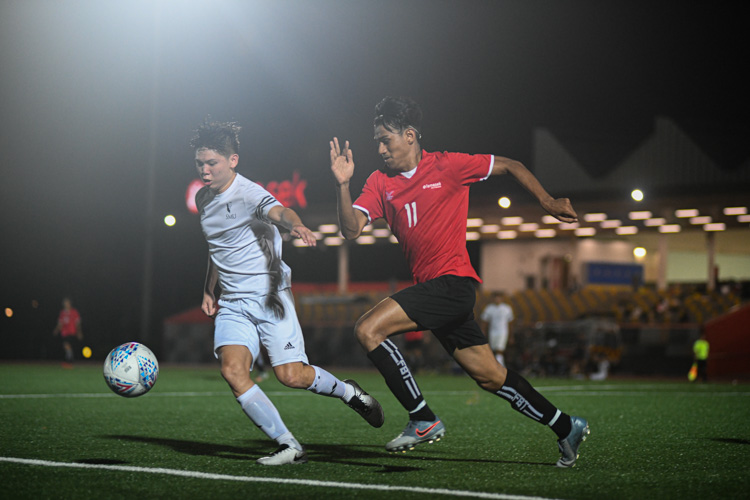
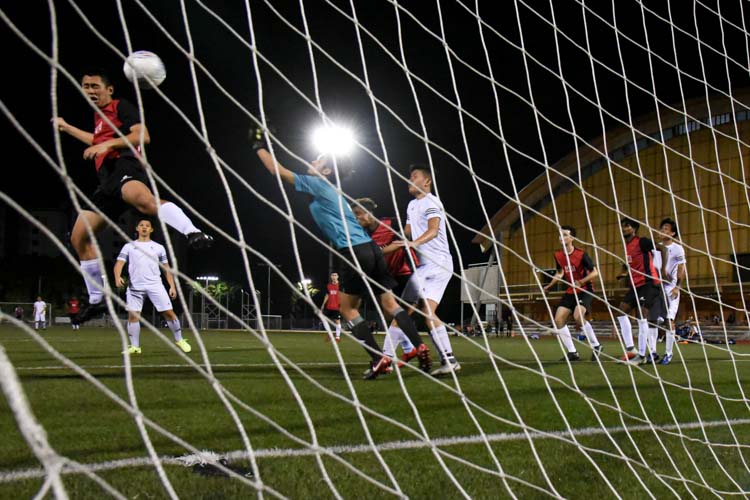

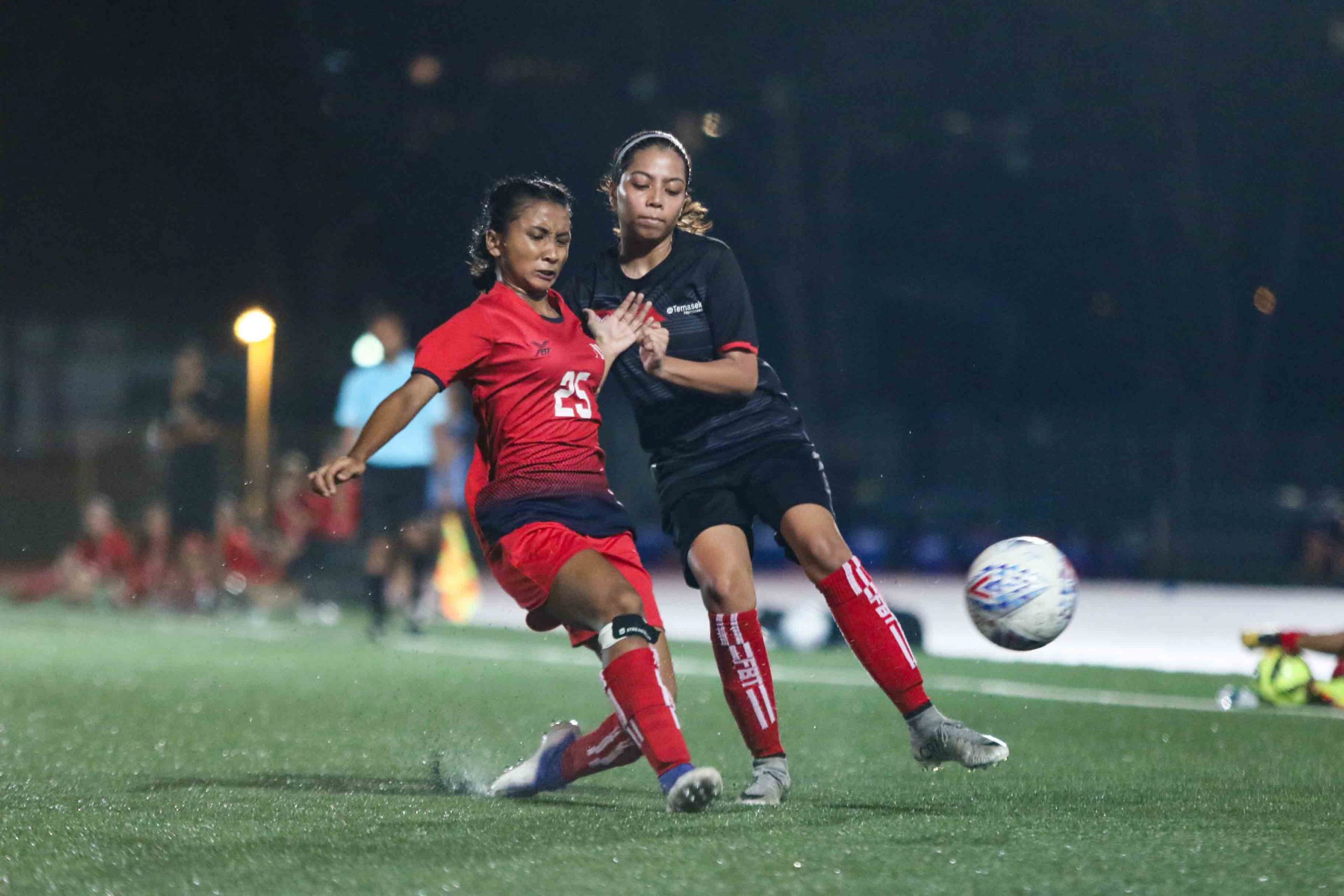
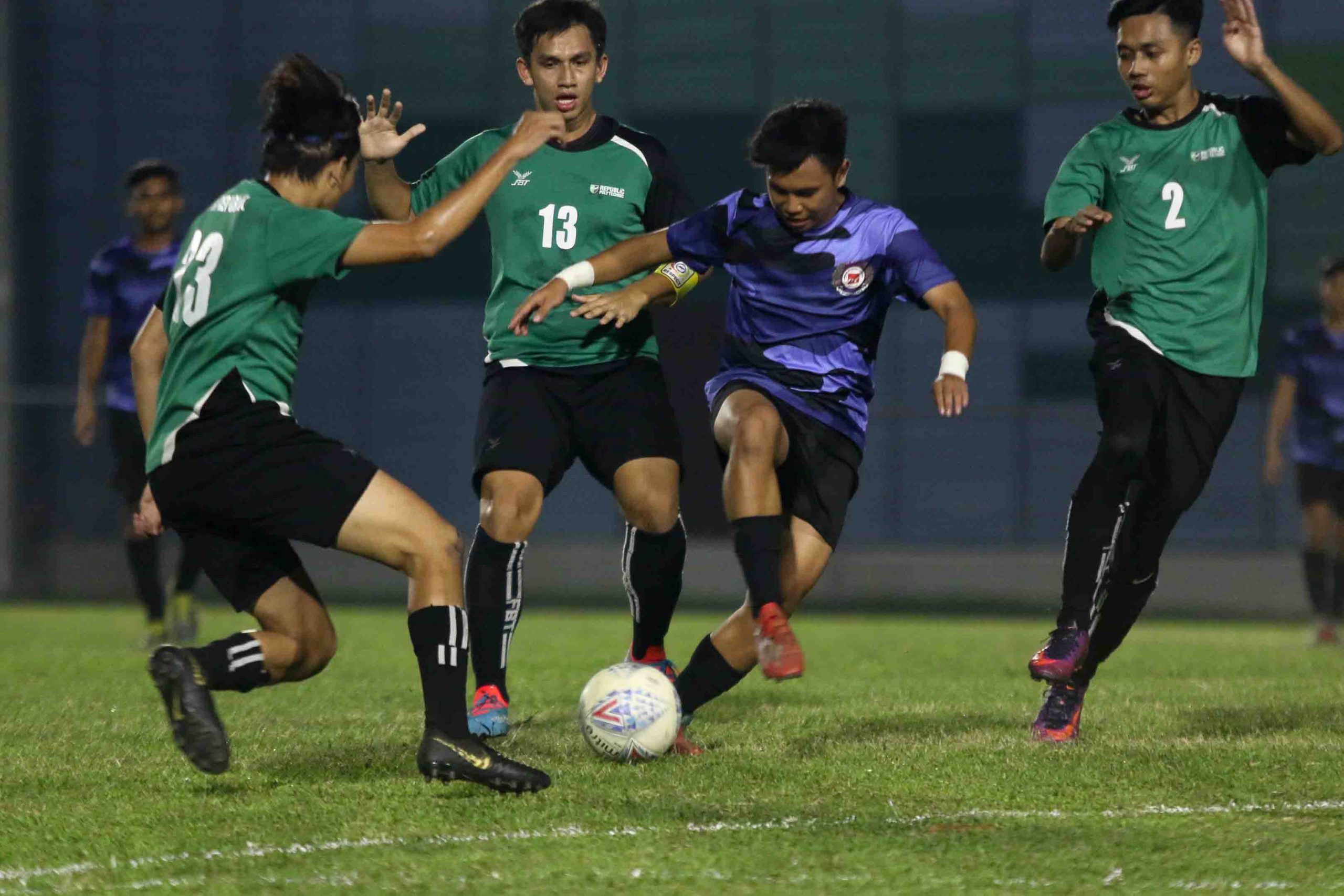
[…] Duric (a five-part series) Part 1 – “Sometimes we played with no shoes…” Part 2 – “If your brother is killed, at least I have you.” Part 3 – "Once you step out on the field, no more crying." Part 4 – “Are you sure […]
[…] stories: Part 1 – “Sometimes we played with no shoes…” Part 2 – “If your brother is killed, at least I have you.” Part 3 – “Once you step out on the field, no more crying." Part 4 – “Are you sure they […]
[…] Related story: “If your brother is killed, at least I have you." – an inteview with Aleksandar Duric (Part 2) […]
[…] Related stories: Part 1 – “Sometimes we played with no shoes…” Part 2 – “If your brother is killed, at least I have you.” […]